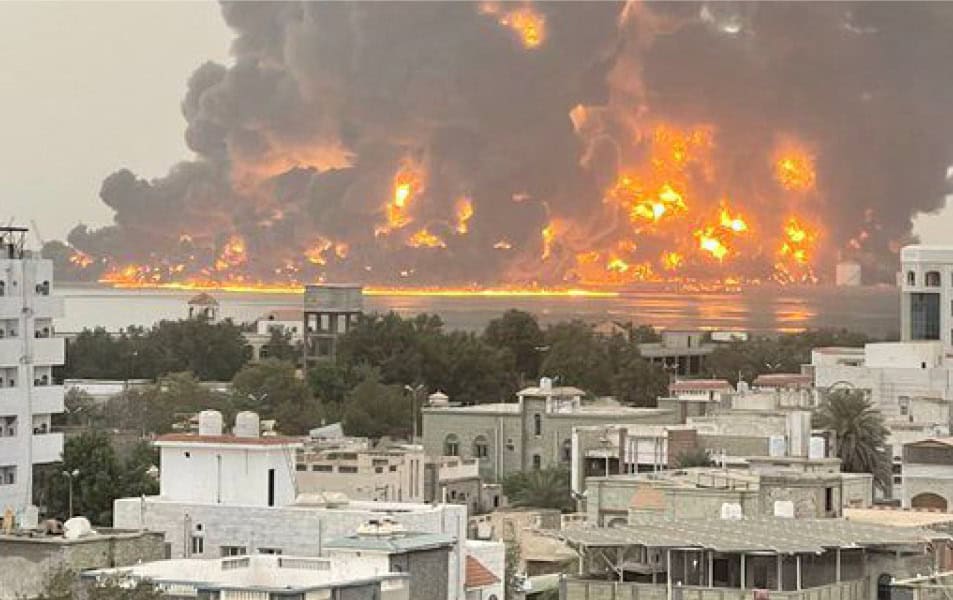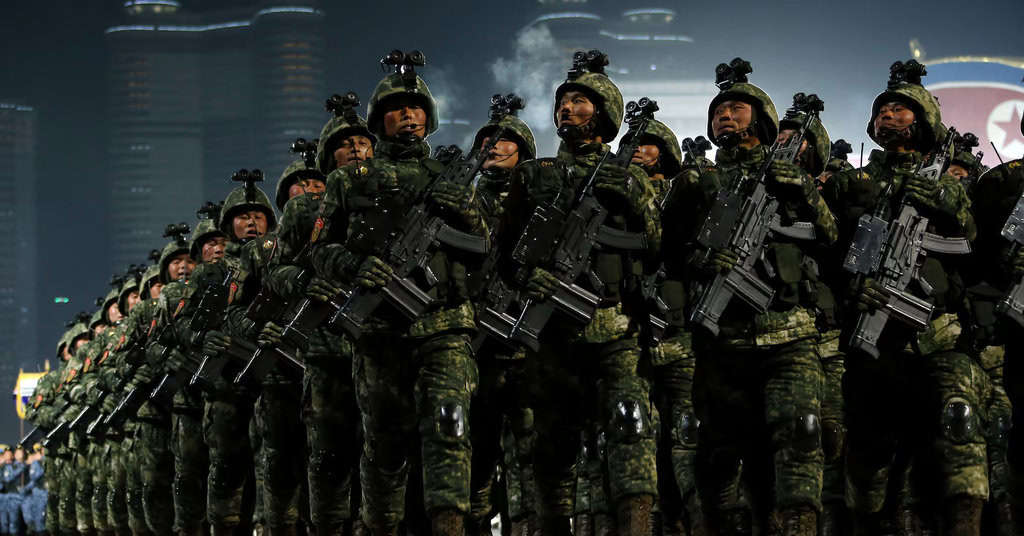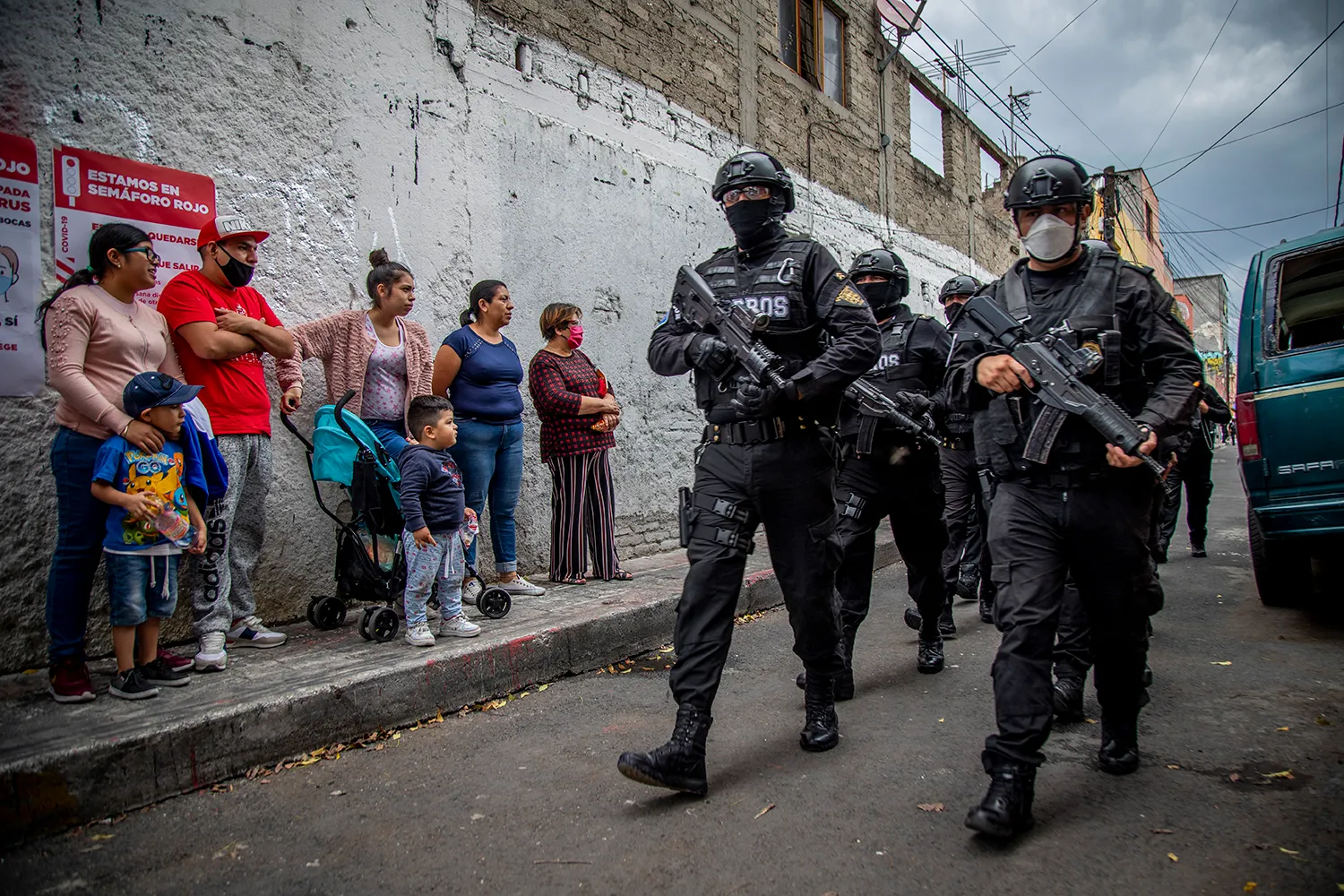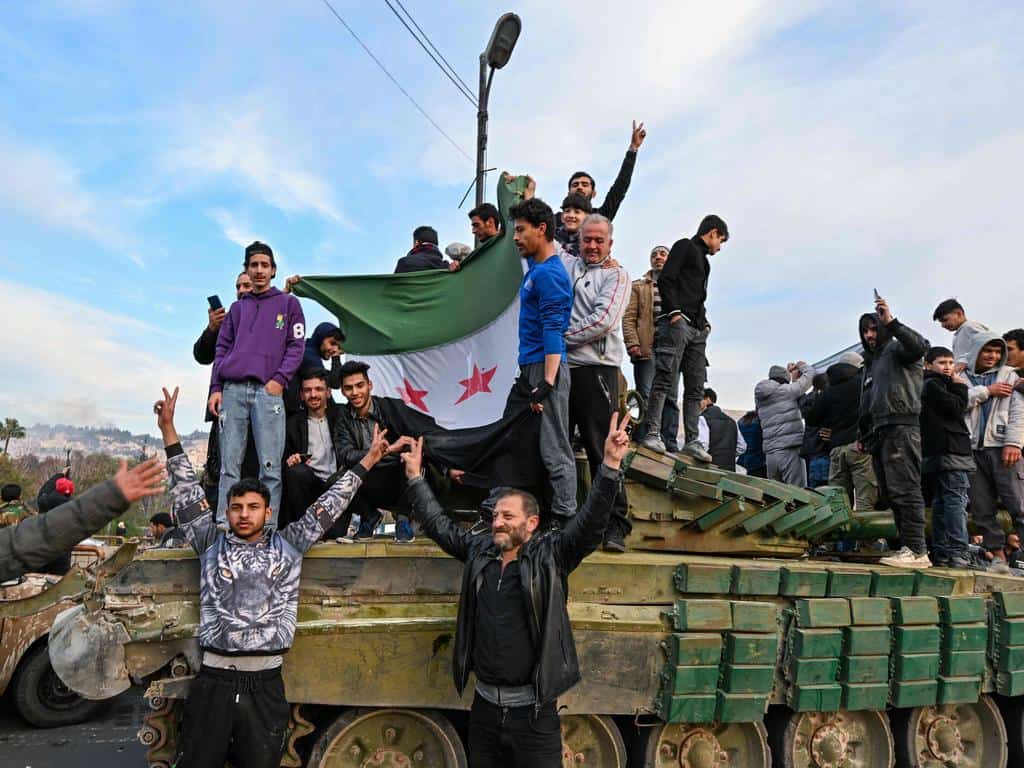In a significant escalation, Israel launched airstrikes on Houthi positions in Yemen’s Hodeidah Port, responding to a drone attack that claimed the life of an Israeli citizen in Tel Aviv. This marks Israel’s first direct military engagement in Yemen, signaling a sharp response to the increasing threats from the Iran-backed Houthi rebels.
Targeting Military Infrastructure
The Israeli Defense Forces (IDF) announced that their fighter jets hit “military targets of the Houthi terrorist regime” in Hodeidah. Prime Minister Benjamin Netanyahu clarified that the strikes were a direct response to the drone attack on Tel Aviv, which also injured ten others. Netanyahu emphasized that Hodeidah was not merely a civilian port but a conduit for Iranian-supplied weapons and a launch point for attacks on international shipping in the Red Sea.
Houthi Response and Escalation Threats
The Houthi-run Al Masirah TV reported that the Israeli strikes resulted in severe injuries to at least 80 individuals, targeting oil facilities and civilian infrastructure, including a power station. Houthi spokesperson Mohammed Abdulsalam condemned the strikes as “brutal Israeli aggression” aimed at pressuring Yemen to cease its support for Gaza. Houthi military spokesperson Yehya Saree warned of retaliation, threatening further attacks on Israeli “vital targets” and asserting a readiness for a prolonged conflict.
Strategic Implications
Netanyahu’s statement highlighted the strategic depth of Israel’s response, with the operation reaching targets 1,800 km (1,118 miles) from Israeli borders. He underscored that the action sends a clear message to Israel’s adversaries about the reach of its military capabilities. IDF spokesperson Daniel Hagari noted that the strikes were also a response to approximately 200 projectiles fired by the Houthis toward Israel since the onset of Israel’s conflict with Hamas in Gaza.
Regional and International Reactions
The Houthis’ escalating attacks have not been limited to Israel. They have consistently targeted US assets and commercial shipping in the Red Sea, prompting retaliatory strikes from both the US and UK. However, this Israeli strike was a unilateral action, prompted by the fatal drone attack in Tel Aviv. An Israeli defense official stated that Defense Minister Yoav Gallant had notified US Defense Secretary Lloyd Austin ahead of the strikes, reflecting a level of coordination with key allies.
A White House spokesperson affirmed Israel’s right to self-defense, though the US was not involved in the planning or execution of the airstrikes. US President Joe Biden was briefed on the situation, underscoring the high-level attention the conflict is receiving.
Calls for Broader Action Against Iran
Israeli officials have called for a more aggressive stance against Iran, which they accuse of orchestrating regional instability through proxies like the Houthis. Minister of National Security Itamar Ben Gvir urged similar actions against Hezbollah in Lebanon, while Foreign Minister Israel Katz called for maximum sanctions on Iran. Katz labeled Iran as “the head of the snake,” advocating for decisive action to curb its influence.
Hezbollah condemned the Israeli strikes on Yemen, reaffirming its support for the Yemeni people and their stance alongside Palestine. The broader implications of this conflict highlight the interconnected nature of regional tensions, with multiple fronts potentially escalating in response to actions taken by state and non-state actors.





